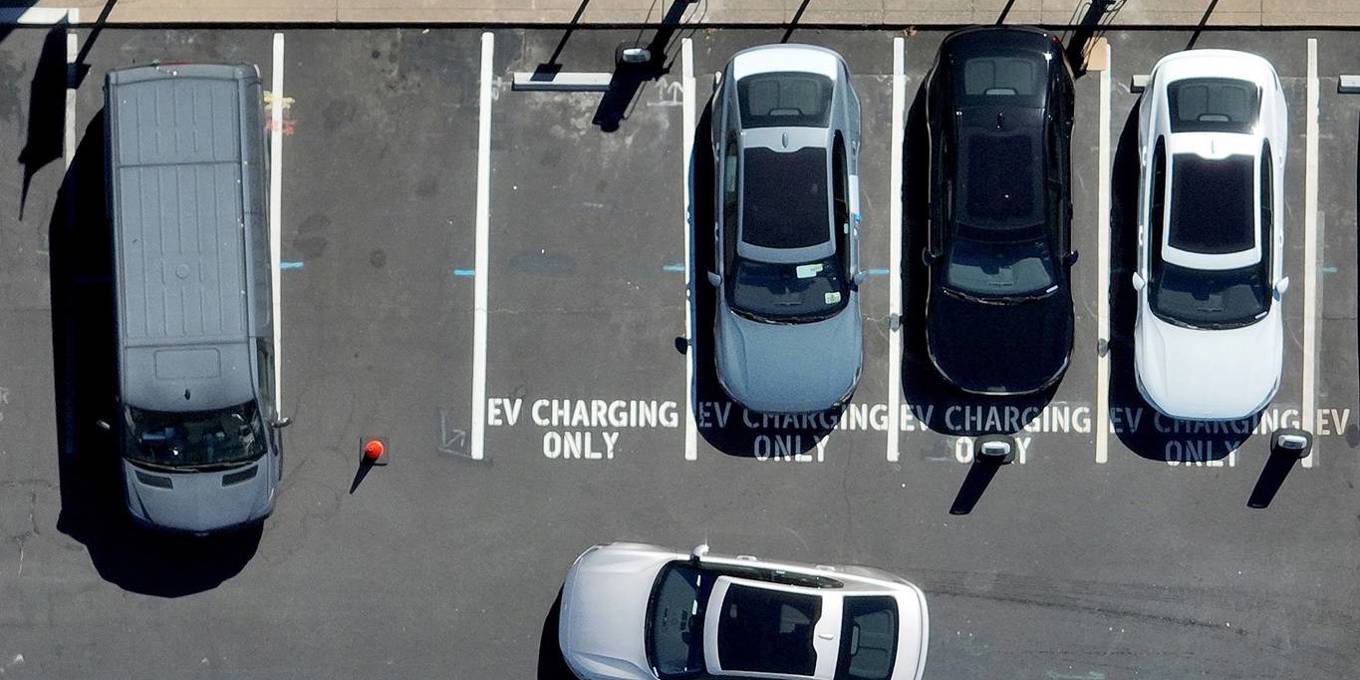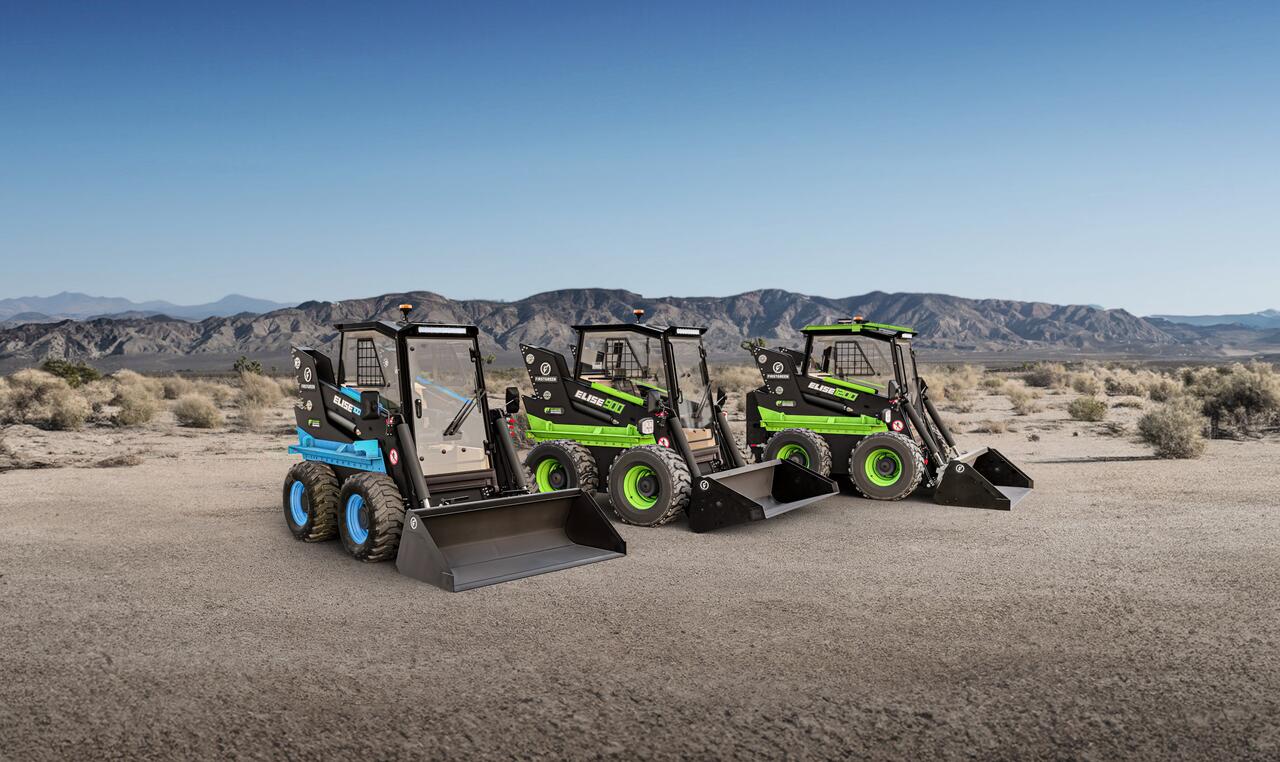France’s President Macron had a plan to make millions of electric vehicles a year. Chancellor Scholz planned to put 15 million on Germany’s roads by 2030. President Biden trumped the lot with a $174bn (£138bn) plan to make the US the world leader. Even Boris Johnson – remember him – had a £1bn plan to beef up our charging network.
Rewind only a couple of years, and almost every president or prime minister was making electric vehicles the cornerstone of an industrial strategy. And yet, this week we have learned that
Renault is abandoning plans to separately list its electric vehicle (EV) and software business, while
Volvo is winding down its Polestar electric sports car subsidiary.
In reality, amid an onslaught of Chinese competition, and falling sales, the West’s electric vehicle dream is quickly unravelling – and we need to relearn all the lessons in why
grand, state-led industrial strategies never work.
It was not so long ago that countries were competing furiously to launch battery-powered visions of the future. With Tesla riding the wave of green demand to become the world’s largest car manufacturer, measured by market value if not volume, and with ambitious net zero targets to meet, they all wanted to make sure they could compete in electric vehicles.
We would reduce carbon emissions, create many jobs, and shore up our industrial base. Sure, governments would have to commit a few billions – or tens of billions – to make it happen. But it would pay for itself many times over.
And yet, right now, plans for an EV-led industrial revolution are in full-scale retreat.
Renault, despite the programme of state support, has this week
scrapped the separate listing of its EV unit Ampere, which has been scheduled for the first half of the year. It was a “pragmatic decision” according to the company’s chief executive Luca de Meo, arguing that
falling sales for EVs across Europe meant the market was more challenging than forecast.
Likewise,
Volvo announced that it would stop funding its EV unit, Polestar, and might even offload its 48pc stake on other shareholders, including China’s Geely. Last September,
Volkswagen said it was cutting production of two of its flagship EV models, while in November,
Ford said it was scaling back its battery plant in Michigan.
It looks like all those “well-paid green jobs” are going to take a little longer to arrive than anyone anticipated. As for the payback on huge sums various governments have “invested” in the industry, it looks like the returns on that money will take a while to come through as well.
There is nothing wrong with EVs themselves. They are often great as run-arounds for dense urban environments, and as long as the raw materials are sourced correctly, and the chargers are not powered by coal-burning generators, they are probably a little better for the environment than the petrol version.
If people want them, then that’s great. The trouble with the industry right now is that
demand is falling because the vehicles cost far more than anyone expected, and what market there is will be captured by Chinese manufacturers such as BYD that can make vehicles far more cheaply than anyone in the West can. The result? A lot of government money will be wasted.







